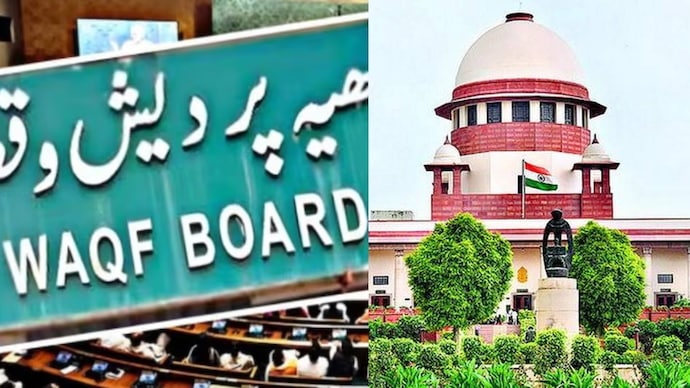MUMBAI — Once again, hope turned into disappointment for India’s Muslim community as the Supreme Court on May 5 deferred the crucial hearing on the Waqf Act 2025 case to May 15, without delivering any judgment or interim relief. The case, which has now seen multiple delays, is becoming symbolic of a broader crisis in the country’s judicial system—where justice appears increasingly out of reach, especially in matters involving constitutional rights of minorities.
The repeated postponements have sparked renewed concern and frustration. The delay not only extends legal uncertainty but also evokes painful memories of past judicial inactions—like the Citizenship Amendment Act (CAA) case and the Electoral Bonds verdict, both of which suffered from prolonged judicial inattention that ultimately benefited the ruling establishment.
This year alone, the Waqf Act case was listed for hearing on April 8 and again on April 30. On both dates, proceedings were hindered by either logistical issues or inadequate time, leading to adjournments without substantive outcomes. Now, with the May 5 hearing again yielding no decision, many are questioning the seriousness with which the judiciary is treating this matter.
The case is currently before a three-judge bench comprising Chief Justice Sanjiv Khanna, Justice P.V. Sanjay Kumar, and Justice K.V. Viswanathan. Given their individual reputations for upholding minority rights and constitutional principles, there was cautious optimism among observers. However, the decision to postpone—without issuing even interim protection—has left many disillusioned. Some critics suspect the bench’s reluctance may have been influenced by Attorney General Tushar Mehta’s aggressive defense of the government’s stance, sparking fears of compromised judicial independence.
The Waqf Act 2025 isn’t merely a bureaucratic reform—it directly affects the religious, cultural, and institutional autonomy of Indian Muslims. With Waqf properties valued at over ₹2 lakh crore, most of them designated for religious, educational, and charitable use, the Act’s controversial amendments are viewed as an assault on Articles 25, 26, and 30 of the Constitution, which safeguard the rights of minorities to manage their religious affairs and institutions.
Each adjournment further erodes public trust in the judiciary. The community had hoped for clarity, or at least a stay on the amended provisions. Instead, the continuing legal limbo fuels anxiety and reinforces the perception of systemic apathy toward issues affecting minorities.
This moment demands more than courtroom arguments. It calls for greater public awareness, robust media engagement, and strong political advocacy. The fight for Waqf is not merely a Muslim issue—it is a litmus test for the Indian Constitution and the moral integrity of our democracy.
The time for silence is over. It is time to demand justice—without delay, without compromise.
(Note: This article reflects the personal views of Shaikh Saleem. The original version was first published by India Tomorrow)




